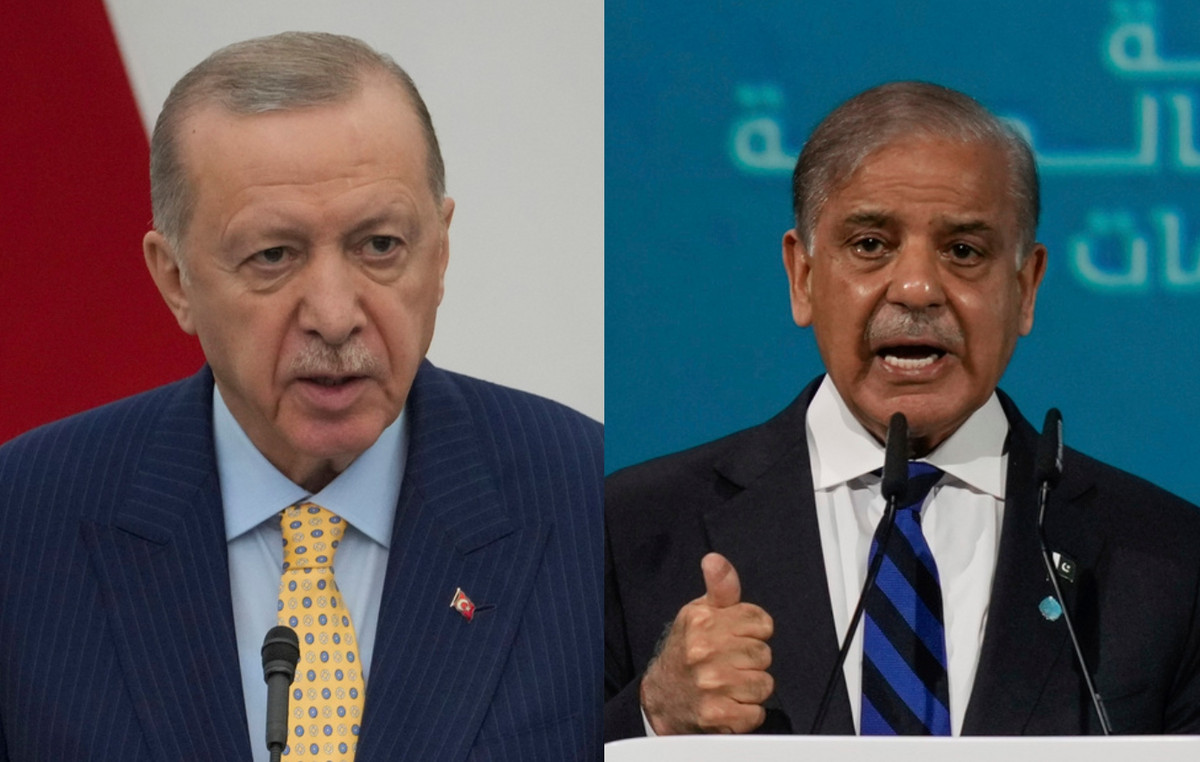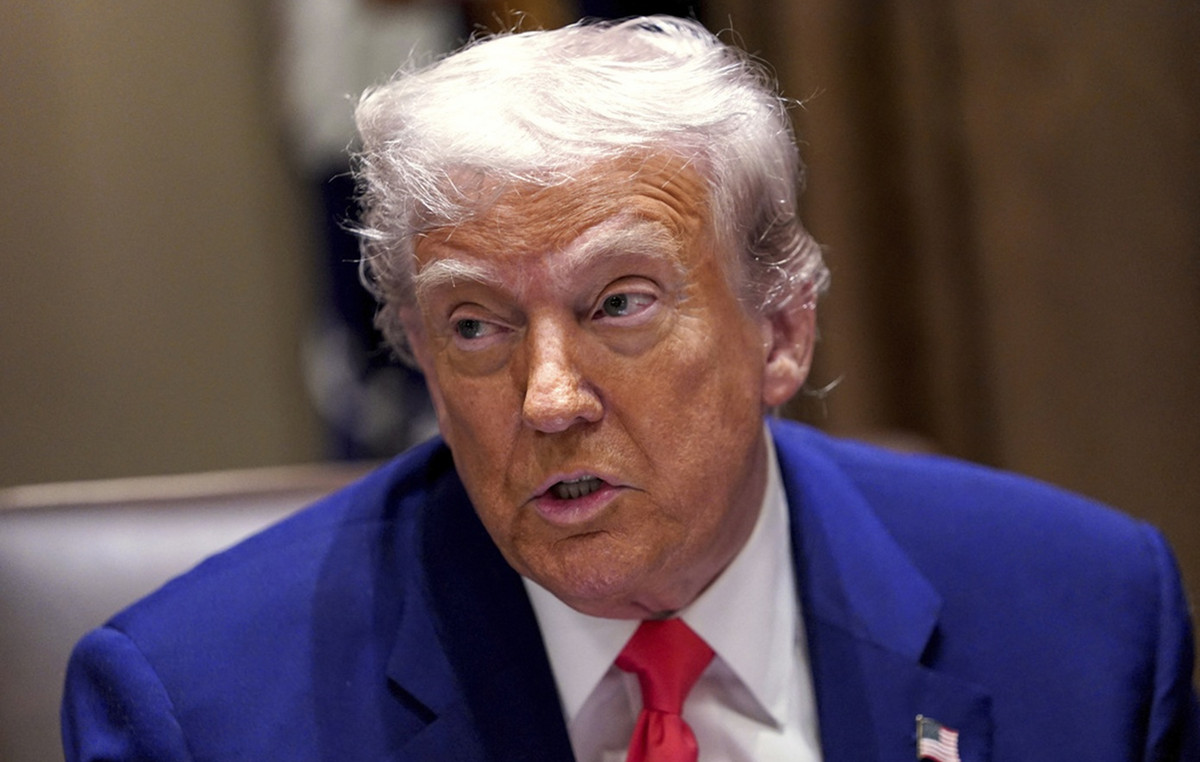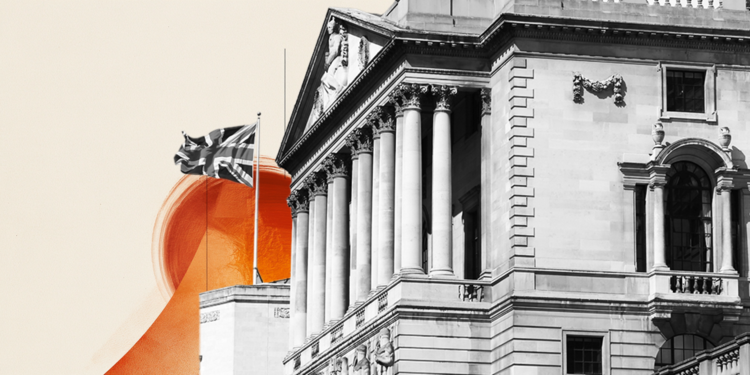In the latest episode of standoff between India and Canada, New Delhi called the North American country a “safe haven for terrorists”. The statement was made after the suspension of visas for Canadian citizens and a response to Ottawa, which reinforces the involvement of Indian authorities in the murder of a Sikh separatist activist.
In a statement to journalists on Thursday (21), Indian Ministry of Foreign Affairs spokesperson Arindam Bagchi said that Canada needs to “worry about its international reputation”.
He added: “If you’re talking about issues of reputation and reputational damage, if there’s any country that needs to look at this, I think it’s Canada which is a safe haven for terrorists, for extremists, and for organized crime.”
The minister’s speeches were followed by India’s decision to suspend visa applications for Canadian citizens, who are considered a “threat” against diplomats in the country.
“The issue is the incitement to violence, the inaction of Canadian authorities, the creation of an environment that disrupts the functioning of our high commission and consulates, this is what causes us to temporarily stop issuing visas or providing visa services ,” Bagchi added.
Relations between the two countries went into shock this week after Canadian Prime Minister Justin Trudeau said India was potentially involved in the murder of Hardeep Singh Nijjar in June. Hardeep was a Sikh separatist activist, shot dead by two masked men in Surrey, British Columbia.
India has vehemently denied the allegations, calling them “absurd and motivated”. Bagchi said Canada “has not provided specific information” to support the allegations.
India’s Ministry of Information and Broadcasting on Thursday issued an advisory to television channels, asking them not to provide “any support to people facing serious charges such as terrorism or belonging to organizations banned by law.”
The Indian government has long accused Canada of inaction in dealing with what it says is “Sikh separatist extremism” that seeks to create a separate Sikh homeland, which would be known as Khalistan and would include parts of the Indian state of Punjab.
See also: India, Canada, Germany and China are experiencing a period of tension
Nijjar openly supported the creation of Khalistan. India considers calls for Khalistan a serious threat to national security.
Several groups associated with the idea of Khalistan are listed as “terrorist organisations” under India’s Unlawful Activities (Prevention) Act (UAPA). Nijjar’s name appears on the UAPA terrorist list, and in 2020, the Indian National Investigation Agency accused him of “attempting to radicalize the Sikh community across the world in favor of the creation of ‘Khalistan’”.
Several Sikh organizations abroad claim that the movement is being falsely equated with terrorism by the Indian government and assert that they will continue to peacefully defend the creation of Khalistan while bringing to light what they say are years of human rights abuses faced by the community in India.
The history of Khalistan
The Sikhs once had their own kingdom in the Punjab and the impetus for the creation of Khalistan dates back decades to the time India gained independence from its British colonial rulers in 1947.
When Partition hastily divided the former colony along religious lines – sending Muslims to the newly formed nation of Pakistan, and Hindus and Sikhs to the newly independent India – Punjab, which was cut in half, saw some of the worst violence. .
Sikhs suffered from the ensuing bloodshed and the community felt mistreated in the new Hindu-majority nation, leading some prominent leaders to advocate the creation of Khalistan. Over the years, violent clashes have erupted between followers of the movement and the Indian government, claiming many lives.
In the 1980s, Punjab witnessed a decade-long insurgency by some Khalistan militants, who committed a series of human rights violations, including the massacre of civilians, indiscriminate bombings and attacks on Hindus, according to Human Rights Watch.
In counterinsurgency operations, Indian security forces have arbitrarily detained, tortured, executed and “disappeared” tens of thousands of Sikhs, the rights group said. The Indian government also enacted legislation that facilitated human rights violations and protected security forces from accountability for these violations, he added.
Video: Canada accuses India of ordering activist assassination
In 1984, then Prime Minister Indira Gandhi ordered Indian troops to attack the Golden Temple in Amritsar – Sikhism’s holiest shrine – to kill Sikh separatists, in an operation that caused enormous outrage in the Sikh community.
Gandhi was subsequently assassinated by his Sikh bodyguards, triggering a new bout of violence that killed more than 3,000 people, most of them Sikhs.
A year later, violence reached Canada when Sikh separatists bombed an Air India plane taking off from Toronto airport, killing all 329 people on board, including numerous Canadians of Indian descent.
What is happening now?
There is no insurgency in Punjab today and analysts say supporters of the Khalistan movement remain largely on the sidelines in India.
However, the movement continues to elicit a certain level of sympathy from some Sikhs in the global diaspora, particularly in Canada, Britain and Australia.
A small but influential number of these Sikhs support the idea of Khalistan, with referendums held periodically to reach a consensus to establish a separate homeland.
Nijjar’s death shocked and outraged many members of the Sikh community in Canada, which has more than 770,000 members and is one of the largest outside India.
Canadian police have not arrested anyone in connection with Nijjar’s murder. But in August, police said they were investigating three suspects and released a description of a possible getaway vehicle, asking for the public’s help.
Source: CNN Brasil
Bruce Belcher is a seasoned author with over 5 years of experience in world news. He writes for online news websites and provides in-depth analysis on the world stock market. Bruce is known for his insightful perspectives and commitment to keeping the public informed.







